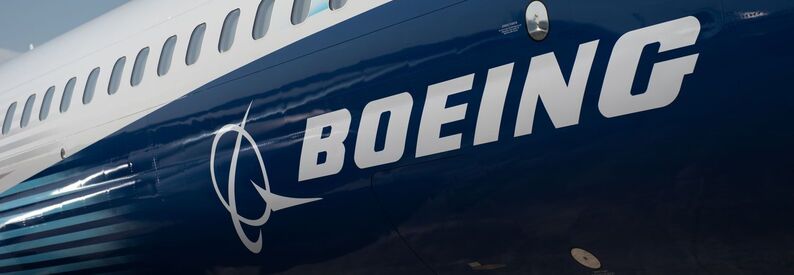Boeing Deliveries to China Resume After Tariff Truce

Trade tensions between the United States and China have eased just enough to allow Boeing to resume deliveries of new jets to Chinese carriers. Following a 90-day tariff truce reached on May 12, 2025, Beijing and Washington agreed to slash punitive duties that had threatened the arrival of US-made aircraft. The deal cut US tariffs on Chinese imports from 145 percent to 30 percent and lowered China’s levies on American goods from 125 percent to 10 percent, paving the way for the first Boeing 737 MAX jets to touch down in China since the dispute began.
The tariff dispute erupted in early April when the US imposed sweeping new duties of up to 145 percent on a broad range of imports, including aircraft components. China responded with its own tariffs of up to 125 percent on US products. As the standoff escalated, at least three completed Boeing 737 MAX jets bound for Chinese airlines were recalled to the United States. Two of those aircraft—registration N230BE and N242BE—departed the Zhoushan completion center without passengers and returned to Boeing Field in Seattle, leaving airframers and carriers scrambling for homes for the newly built planes.
Industry insiders say the resumption of deliveries represents a temporary but crucial reprieve for both Boeing and Chinese airlines. With decades of growth ahead in China’s commercial aviation market, carriers had placed multibillion-dollar orders for 737 MAX aircraft to expand domestic and regional services. The unexpected disruption forced airlines to defer fleet renewal and left manufacturers searching for buyers among secondary markets. In the weeks before the tariff truce, carriers such as Air India expressed interest in acquiring any Boeing jets rejected by Chinese customers.
Boeing officials welcomed the agreement as a sign that Washington and Beijing understand the global economy’s interdependence. Airline spokespeople in China confirmed that their procurement divisions had received word to restart acceptance flights for new 737 MAX-8 and -9 models, many of which had been parked at Chinese completion centers pending a resolution. Deliveries are expected to resume gradually, with an initial focus on fulfilling contracts with Xiamen Airlines, China Eastern, and other major state-backed operators.
Analysts caution that the 90-day tariff reduction must be extended or made permanent to avoid another wave of delivery delays. Chinese carriers rely on a predictable supply of fuel-efficient single-aisle jets to service fast-growing domestic routes. Meanwhile, US manufacturers depend on the Chinese market to sustain production rates and achieve economies of scale for key commercial platforms. A repeat of punitive tariffs could send Boeing production lines into turmoil and disrupt global aviation supply chains.
For now, the resumption of Boeing jet deliveries to China offers relief to all sides. Chinese airlines can proceed with expanding their routes, Boeing can protect its order book and completion facilities, and the two governments can demonstrate that trade disagreements need not wreck major commercial partnerships. Should the tariff truce hold, operators in both countries will benefit from renewed aircraft deliveries, allowing airlines to add capacity, upgrade fleets and meet passenger demand in one of the world’s largest aviation markets.
Related News : https://airguide.info/?s=Boeing
